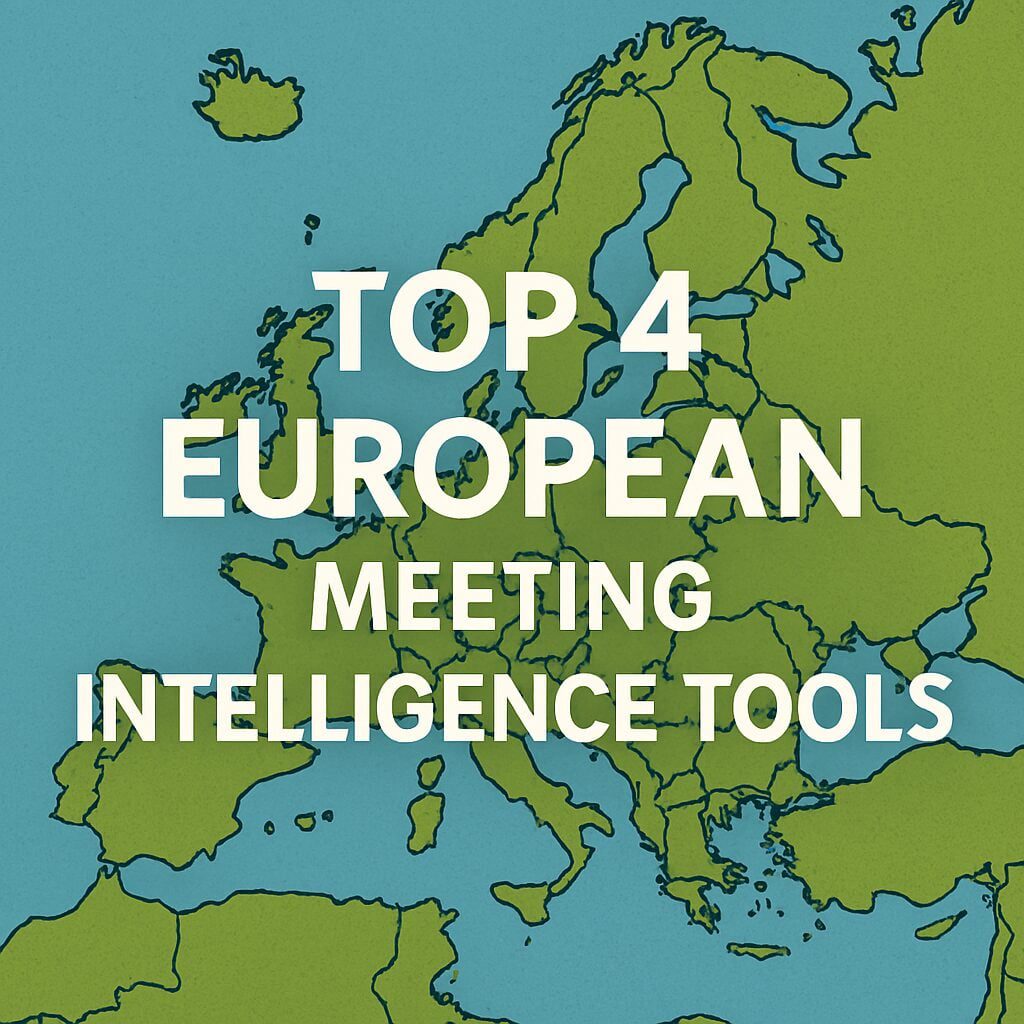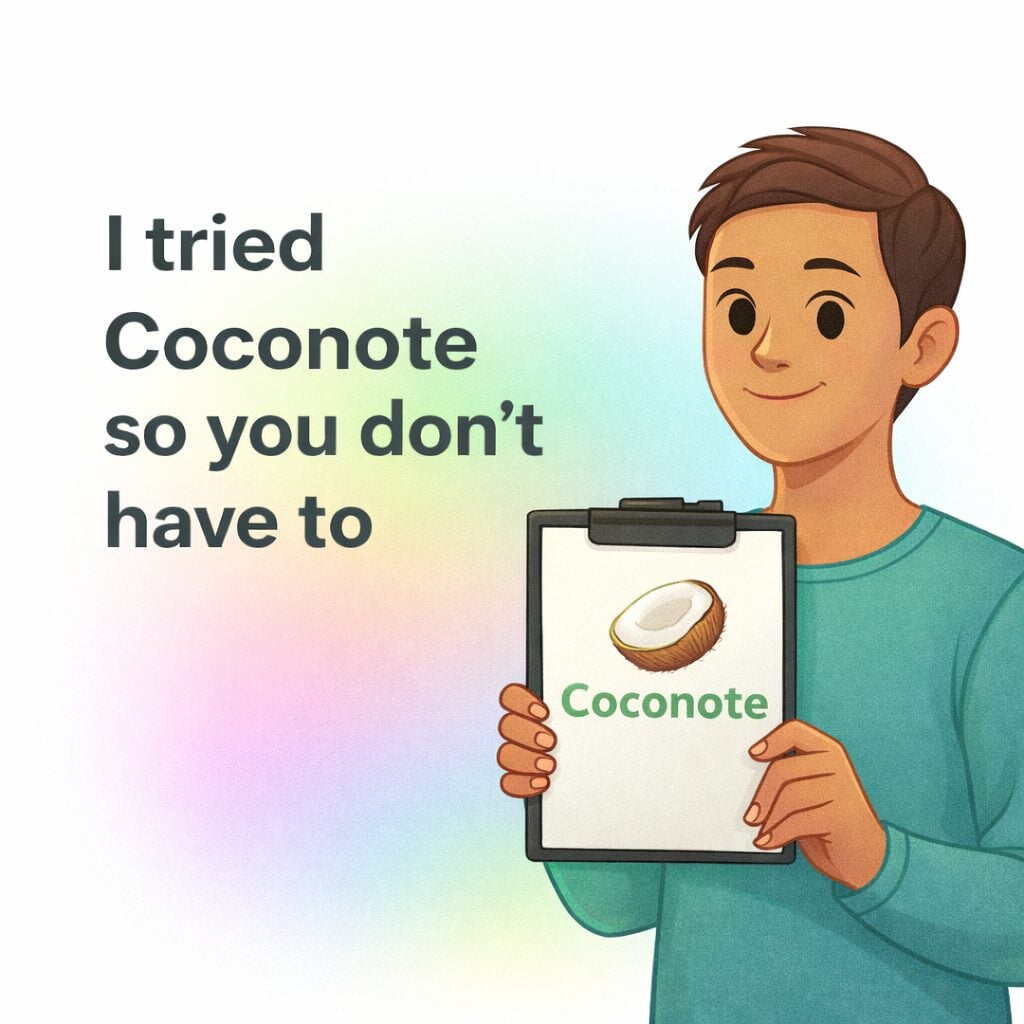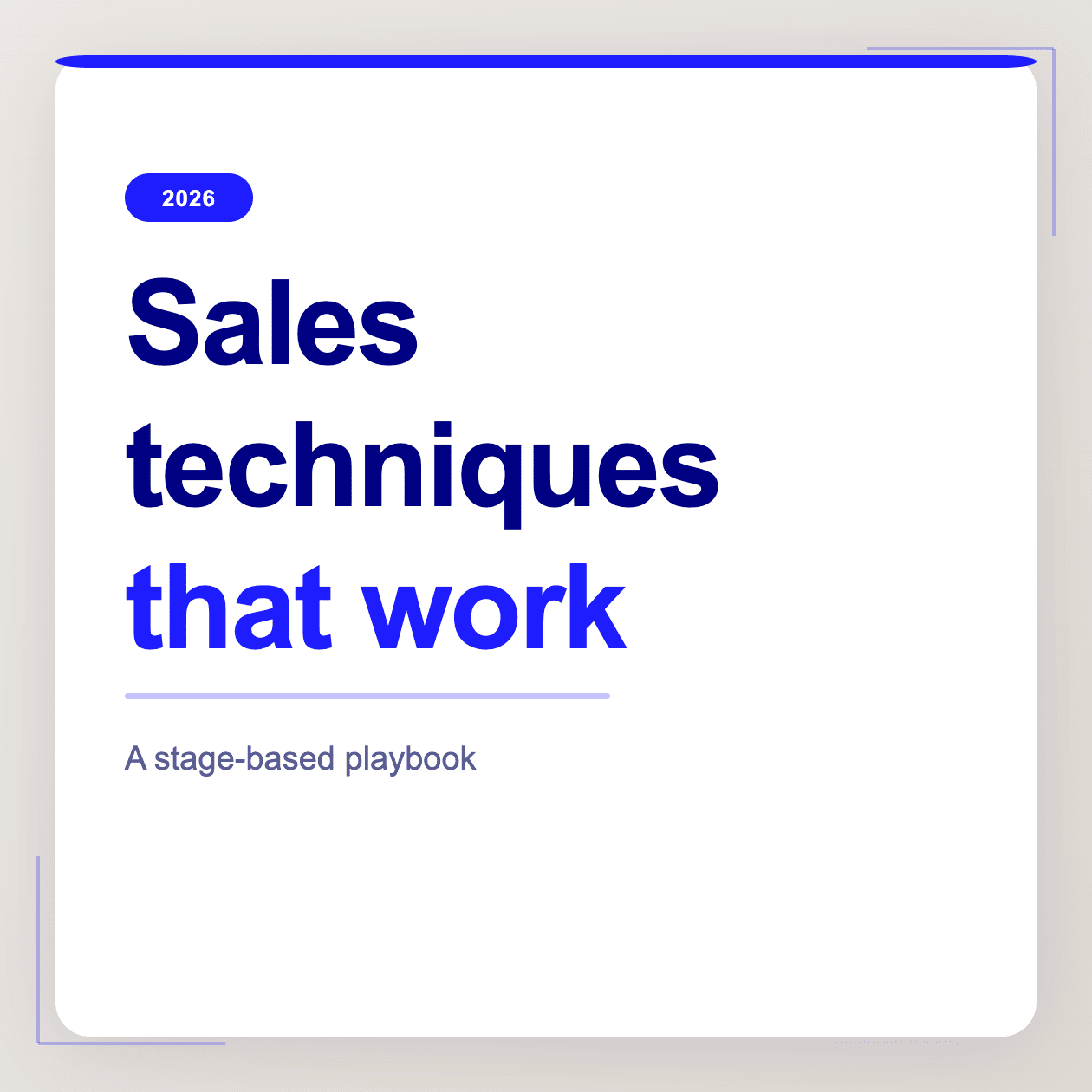Sales psychology is more important than you might think, and crafting your communication to be more persuasive is only part of the process. To succeed in such a competitive industry, mastering and understanding the psychology behind sales should be a priority. By breaking down the intricacies behind human behavior and learning what makes your customers tick, you can tailor your strategy for your target audience.
As sales psychology is such a broad subject, we’re going to break it down and delve deeper into how to process and include psychological triggers in your sales call scripts.
But first, what is a psychological trigger in sales psychology?
Understanding Psychological Triggers
Put simply, a psychological trigger refers to a factor that influences a customer emotionally so they’re more likely to buy your product or service.
It does not have to be something obvious. In fact, one of the first rules of sales is that the more subtle you can make it, the more the customer believes it’s their idea. The subtle use of psychological triggers during an interaction can help your prospect engage more with you and your product. Put yourself in their shoes; relate with their concerns and discover what motivates them.

When contemplating UI and UX psychology and design, taking a trip down Gestalt’s lane of continuity is a great place to start!
Sales Psychology: 6 Key Factors
In sales, psychological triggers that influence human behavior can be the difference between losing the prospect or securing the sale. There are several key principles that you can use to your advantage to get the upper hand when it comes to sales psychology. Here are the most important factors to consider.
1. Scarcity
When something is scarce, it has limited availability. It usually drives the demand for something up because there are more people wanting to buy than there are things to sell. It’s known as the scarcity principle, and it can be used to drive up demand.
A good example of this is gold. In addition to its physical properties, gold is valuable because of its scarcity. You can’t just create more gold in a lab, although many alchemists have tried. For the more tech savvy people, you can look at Bitcoin instead. The price goes bananas every four years or so because the amount of new Bitcoin mined is halved overnight, causing a supply shock, increasing scarcity, and producing unreasonable levels of FOMO (fear of missing out). Of course, there are other factors, but it illustrates the scarcity point well.
So how can you use this in your own sales psychology to get your prospects frothing at the mouth?
Well, honesty is the best policy. It’s important to build trust and credibility so you don’t want to over-exaggerate the scarcity of your offering. Be careful to never mislead your customers.
However, you do want to make your product more desirable and increase FOMO among your prospects if possible. You can do this by offering discounts, one-time offers, and bonuses. These will provoke urgency in your prospect.
Here are some examples of things you can say:
- “Just for your information, before I go into the crux of what we’re offering, we do have a discounted sign up fee for this month only.”
- “With this particular subscription, if you purchase a year, we will give you 6 months on top for free, limited time only.”
- “If you purchase the gold membership, you will get free access to all the sales analytic tools on our platform, something that is usually a separate subscription.”
- “Due to its popularity, we only have a limited number of units left. I recommend you act quickly if you don’t want to miss out because once they’re gone, they’re gone.”
- “As a valued customer of ours we want to give you the opportunity to trial out a new version of our product, something that not every customer will get to use.”
As you can see, it’s all about the words you choose. There are some words, known as power words, that can have a drastic impact on your prospects. Some of the power words (or phrases) you want to keep in mind with scarcity-induced FOMO are:
- Limited time
- This month/week only
- Special offer
- Now
- Today
2. Reciprocity
Reciprocity is the act of offering something valuable to your customer in a hope that they return the favor by making a purchase. This could be a free trial, personal responses to challenges, or advice/information.
If you already have a level of trust with your existing customer, a sincere offer of value towards them will incline them to reciprocate the favor. It’s basic human behavior.
Offering value up front and being authentic with your gestures can build strong foundations for a lasting customer relationship. It’s a great way to leverage sales psychology while actually giving value first. By giving first, you show your sincerity and confidence in your product. These things rub off on the prospect.
Reciprocity is one of the most effective psychological triggers to include in your sales call scripts. Here are some examples of what you can say:
- “We’ve delved deeper into your concerns and we’ve come to a solution for you based on the statistics behind your usage.”
- “After today’s conversation, I’ve tailor-made a strategy best suited to your needs and goals.”
- “As a token of our appreciation for being a valued customer, we would like to invite you to attend a free workshop to allow you to explore the features and benefits of our product further, at no extra cost.”
- “To give you an idea of what our product has to offer, I’d love to offer you a free trial to experience it first-hand and give you an idea of what our subscription has to offer.”
- “As a thank you for listening to and considering the offer proposed, I’d like to offer you a complimentary upgrade to express our gratitude for your interest in our service.”
These generous acts are always valued by a prospect or customer. There’s no commitment on their side, but they get to access something they wouldn’t ordinarily be able to. It acts as a personal favor. You’re helping them with a big decision, and when they try your product, it will convince them on its own.
3. Authority
By displaying confidence and knowledge in the product you’re offering, you can sway your prospects. Confidence is contagious. If you’re enthusiastic about how much your product or service will benefit your prospect, they’re going to get excited about it too. This is sales psychology. You’re making your prospect feel a certain way based on what you say and the energy you put into your words.
Your credibility and expertise will be on show from the off and your prospect will automatically assess the authority you show during your sales call script. May as well make it memorable!
Back your statements up with sales metrics to enlighten and persuade your prospects. If you believe in what you’re saying and you back it up with data, it’s going to establish trust and credibility.
Here are some ways you can assert your authority in sales call scripts:
- “We’re proud to have been recognized by critics as a leader in our industry and you can trust that you’re working with a reputable and reliable partner.”
- “With over (X) years of experience working at this company, we’ve helped numerous clients achieve their goals.”
- “Recently, we tailor-made a strategic approach for one of our client’s companies and their satisfaction speaks volumes about our product and that we are committed to delivering the best version of our product possible.”
- “Over the last decade we have established partnerships with leading companies in sales analytics. Our affiliations show we are committed to providing the best possible tools to help our clients attain maximum results.”
It should be noted that the more specific you are with your statistics, the more authority you display and the more trust and credibility you create. You should also opt to pick data that emphasises your best selling points.
Additionally, Sabri Suby suggests focusing on tonality as the key to mastering authority in a sales pitch. He suggests doing away with the niceties and jumping straight into how you can solve their problem. Watch what he has to say below.
4. Consistency and Commitment
A key principle of sales psychology is consistency. Once you’ve found your groove, it’s a matter of rinsing and repeating. You take what works and you reproduce it again and again.
If you display empathy towards a prospect’s needs and concerns, your customer will feel it. Your energies will resonate with one another and there’ll be a spark in your relationship. An element of trust can be built just like that.
“Once we have made a choice or taken a stand, we will encounter personal and interpersonal pressures to behave consistently with that commitment. Those pressures will cause us to respond in ways that justify our earlier decision.”
Dr. Cialdini, author of Influence: The Psychology of Persuasion Tweet
Dr Cialdini suggests that once we commit to something, we have something inside of us that drives us to honor that commitment. We act in a way that’s consistent with our commitment.
When thinking in terms of sales psychology, this little trick can work wonders. Get a prospect to interact with your brand by giving them something for free (like a guide or demo) and that’ll increase the likelihood that the prospect will see themselves as a future customer. It creates a subtle change in self-perception. They already start to view themselves as your customer before they’ve even purchased anything.
Here are some examples of how you can incorporate consistency and commitment into your sales call scripts:
- “As we previously discussed, the implementation process of our product will require a commitment from both of us but rest assured we are dedicated to helping you reach a seamless transition.”
- “It’s great to connect with you again. Based on our previous interaction, I wanted to provide you with additional guidance that may be of use.”
- “During our last call, you specifically mentioned your main targets. I would like to discuss today how I believe that with our product, we can align those targets and generate the conversions and revenue you seek.”
- “I’m aware of your reservations moving forward with us, however, to alleviate those concerns, I’d like to offer you a risk-free trial period to show you the confidence we have in our product.”




5. Rapport Building
Building rapport with your customers is as important as water is to a fish. Without building trust, your customers will never truly believe in you or your product, and if you don’t initiate rapport building from the off, it could become an uphill struggle to persuade your prospect that you are the one for them.
Active listening, positive body language, and giving your customer the freedom to express their concerns or ask challenging questions is the perfect start to rapport building. There are plenty of other sales skills you can use to boost your rapport, but showing that you care will go a long way.
Maybe a shared experience could be the key to establishing a connection with the person on the other end of the line. Being genuine, personal, and empathetic are all traits you can apply when altering sales call scripts.
Below are some specific categories with examples under each one. Remember that these are just generic examples and that you’ll need to change the specifics to suit your situation.
Common Ground
“I saw that you were interested in (common interest). I also love (common interest). Tell me how you got into it. Did you start when you were younger?”
Active Listening
“I completely understand what you are saying. (Repeat concerns empathetically). Am I understanding you correctly?”
Genuine Interest
“Before we go over the small print, I’d love for you to tell me more about you and your business. What inspired you to start the business?”
Shared Experiences
“I noticed that your office is based in (a particular location). I’m actually from there myself, what do you think about it?”
Acknowledgments
“I was looking through your website and I was really impressed by the testimonials. Clearly you offer a fantastic service.”
6. Social Proof
Social proof is evidence of a product’s quality and how reliable it’s deemed by existing customers. It comes in many forms, mainly testimonials and reviews, or even an endorsement from another company.
Using social proof, you can instill faith and credibility in your product or service. 76% of consumers “regularly” read online reviews when browsing for local businesses, so it’s clear the customer’s opinion matters.
Consumers read testimonials, and if they read nothing but compliments towards your company, it would be difficult for the potential customer to look the other way. The evidence is right before their eyes: others like them have had great experiences with your company. The subtext here implies that the prospect will have a similar experience.
People are influenced by the sales psychology behind social proof. We’re all influenced by the actions and opinions of others to one degree or another. It’s in our nature. We are innately driven to look for guidance when we’re uncertain of a decision. By incorporating social proof into your sales pitches, you can persuade prospects more easily by highlighting the benefits of your service through an existing customer’s true experience.
Here are some specific categories with examples of how you can do this:
Share Statistics
“Our software has helped (X)% of businesses like yourselves avert the dangers that come with (problem).”
Use Testimonials
“Can I take this moment to share some feedback from one of our longest serving customers in the same industry as you? They said (insert customer testimonial).”
Cite Partnerships
“Recently, we have aligned our forces with sales industry giants such as (industry leader). We have formed an alliance based around our commitment to customer satisfaction.”
Read Successful Customer Stories
“Recently, we teamed up with a client who works in the same sector as you who had the same problem. By allowing us to demonstrate our solution, they were able to reach the conclusion they desired.”
As for all these examples, they’re just to give you an idea of how to approach the topic. Depending on your niche and your prospect, you may need to approach things a little differently. These are not a one-size-fits-all kinda deal. They’re just for inspiration.
Sales Psychology 101
As a sales professional, ensuring you have a basic understanding of human behavior and psychology is critical to success in today’s dynamic sales landscape. It can be the difference between blending in with the crowd or leading the pack.
When you leverage scarcity, reciprocity, authority, commitment, rapport building, and social proof, you foster a level of credibility that can’t be denied. This is where you start to build a lasting relationship with your customers.
Make the most of your pitches with these basic insights from sales psychology. Adjust your sales scripts and away you go. A world of new opportunities awaits…





